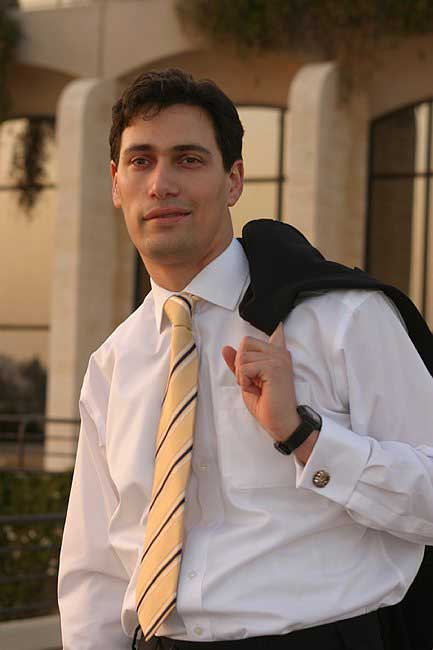It's tough being a Christian in 21st Century Britain
I recently saw the movie Narnia and it got me thinking..... If the story were retold in a modern context, the children wouldn't have had to enter a wardrobe to discover a world where Christmas is banned, they could merely visit their local school:
Just this month, a Derbyshire schoolgirl, Sam Morris was sent home after she refused to remove her crucifix necklace. The school's Deputy Head Howard Jones argued it was just a piece of Jewellery and not a required article of faith. I'm glad to see Howard Jones is such an expert on religion, but would he have taken the same view if it was another faith? Earlier this year, a school was taken to court and lost, because it wouldn't let one of its pupils wear a jilbab. And this was despite the fact that the majority of the muslim pupils (themselves a majority at the school), and the majority of British muslims don't view the jilbab as a required article of clothing.
In the end it was left to the local Sikh Minister Sardarni Sahiba Gurumeet Kaur Khalsa to stand up for Sam Morris: "It is the height of wrongful discrimination to disallow Christian students to wear a crucifix, while yet allowing Sikh students to wear a kara (a religious steel bracelet)."
And it's not only Sikhs who find themselves defending Christianity. I may be Jewish, but despite the fact that I don't observe Christmas, I love the atmosphere of the season, and so would I imagine do many Muslims, Sikhs and Hindus. In fact the only people who don't seem to like Christmas are the white self-hating liberals who occupy many of our local councils.
So why do I and other non-Christians stand up for a faith I don't even practice? Because there is a creeping hostility towards Christianity that masks a hostility to religion in general by a minority of people in leadership who want to privatise religion, push it to the boundaries, and ban it from the public arena, in much the same way as France. For many of us who came here to escape religious persecution in the first place, it isn't the kind of Britain we want to live in.

